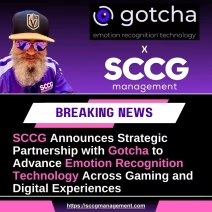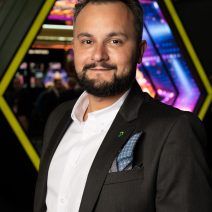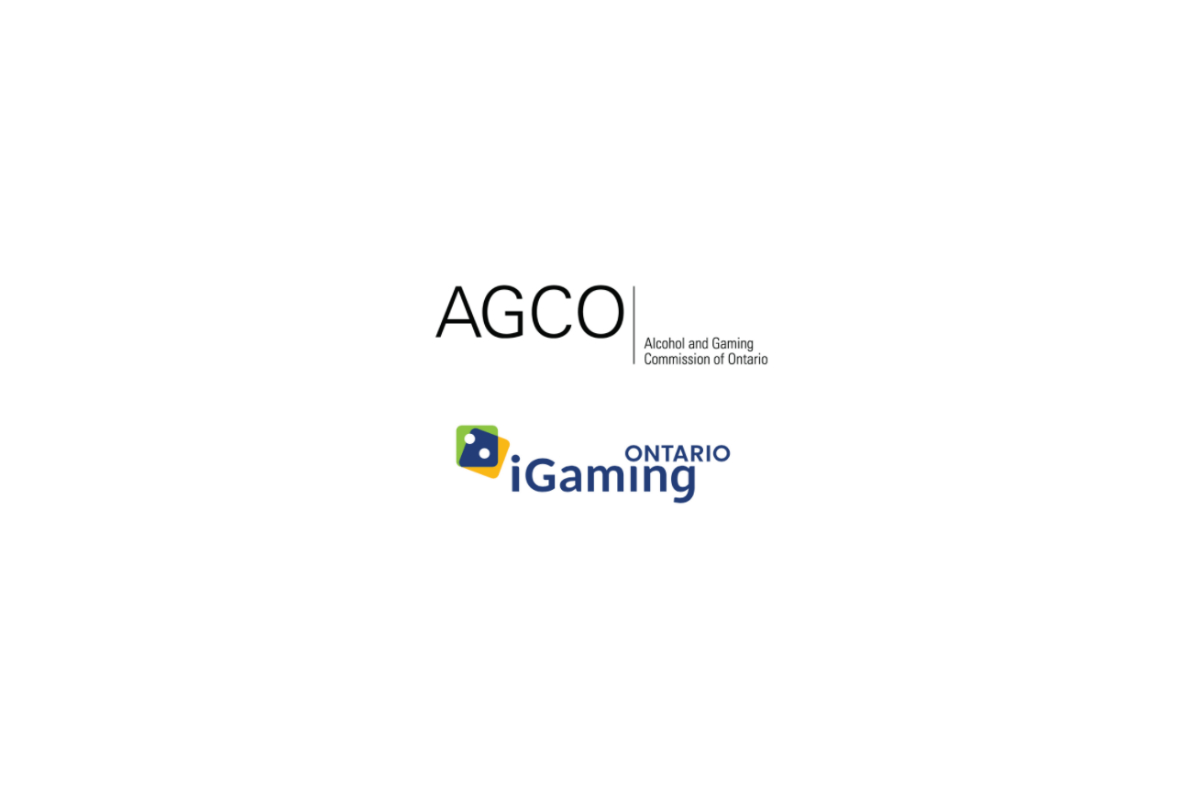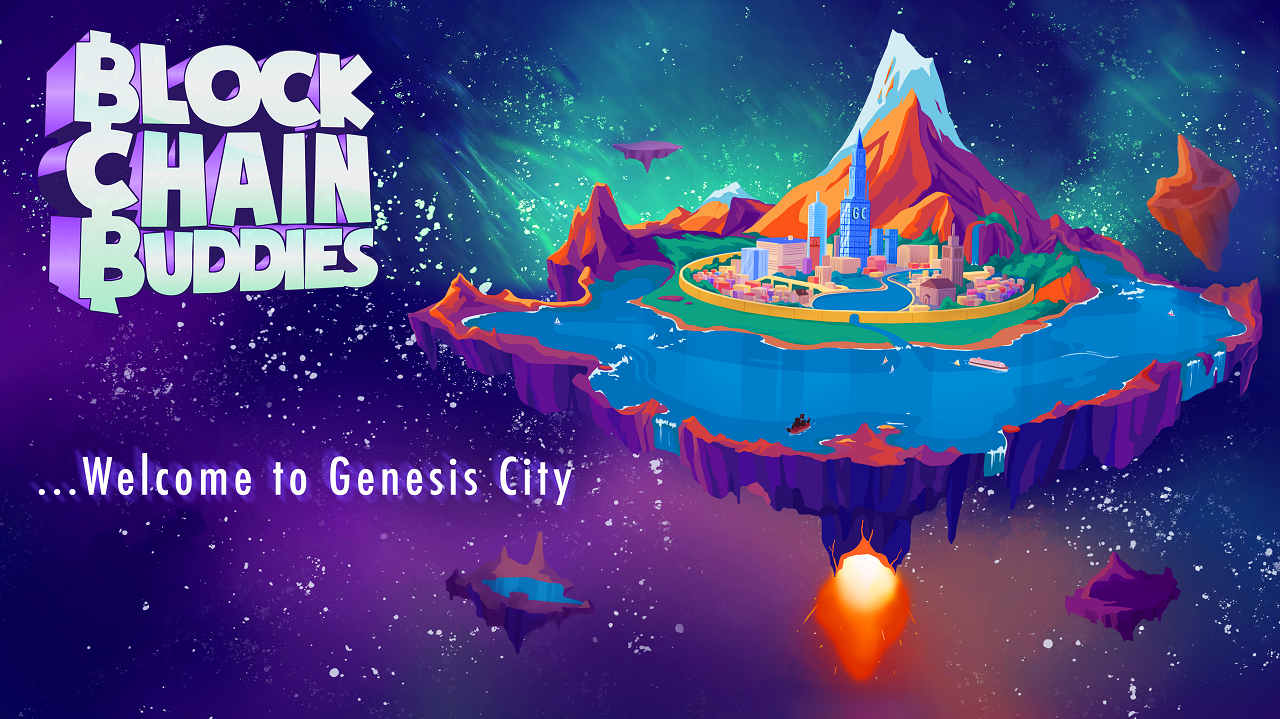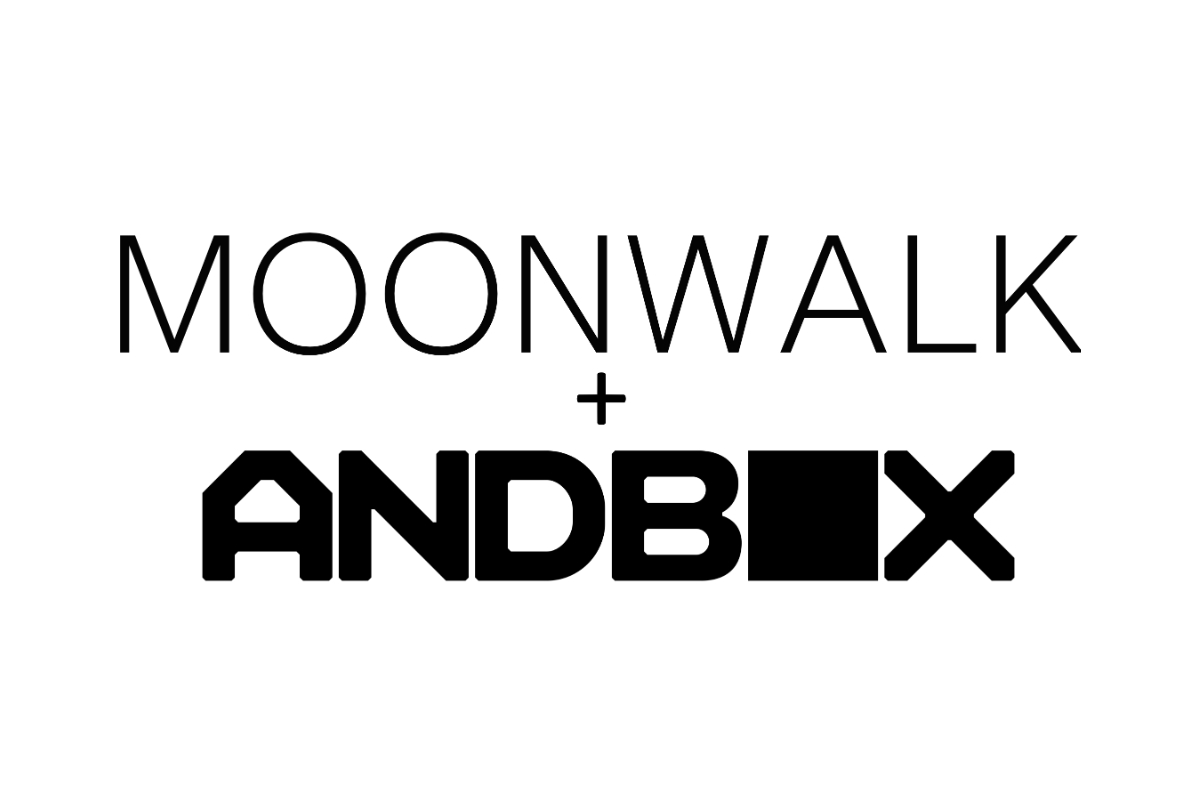
Moonwalk Partners With New York’s Flagship Esports Organization Andbox To Deliver Web3 Engagement and NFT Utility
Moonwalk, the NFT Utility and Web3 Communities platform for brands and creators, is pleased to announce that it has partnered with Andbox, New York’s flagship esports organization, to deliver web3 engagement and NFT utility through Moonwalk’s platform for the organization. Andbox owns and operates the New York-based franchises in the Overwatch League (New York Excelsior) and the Call of Duty League (New York Subliners), as well as a team that competes in Valorant under the Andbox brand.
The Moonwalk platform drives community engagement and revenue by interconnecting NFT’s with social, content, experiences and shopping across a brand’s digital ecosystem, from unlocking social channels and virtual experiences to in-real-life ticketing. Moonwalk’s white-label Web3 wallet enables NFT holders to unlock and access exclusive real-world, online and metaverse content and value, powering community engagement both online and in real life.
“NFT’s are disrupting the ways brands and creators engage audiences and build community”, said Moonwalk CEO Shiv Madan. “Moonwalk’s platform enables brands and creators to build highly engaged communities around web3 and NFT’s. We’re excited to partner with Andbox and their teams to offer esports communities a new way to engage, participate and unlock value. We see eSports as a potentially significant adopter of NFT’s, and Andbox has the reach to implement NFT utility at scale.”
“We’re excited to be partnering with Moonwalk to utilize Web3 technologies for community engagement for our fans,” said Andbox Cofounder and Chief Product Officer Rohit Gupta. “Moonwalk’s platform provides us a seamless solution for implementing NFT utility that we need to elevate what we offer throughout our digital ecosystem.”
Moonwalk’s NFT and Web3 Platforms provide brands and creators with all of the elements they need to build and monetize web3 communities. This consists of four key areas:
-
White-label Web3 Wallet: Moonwalk’s Web3 wallets enable users to unlock the true value of their NFT’s and digital assets, enabling holders to access and purchase exclusive digital and real-world content
-
Token-gated API’s: Moonwalk integrates with social, content, community and shopping platforms to enable NFT community to earn and spend through the digital wallet
-
NFT Collections: Moonwalks proprietary algorithms and smart contract system enables the creation and minting of generative NFT collections and metaverse access keys
-
IRL Tickets, Rewards and Discounts: Payments: Moonwalk’s Wallet seamlessly integrates with Apple Wallet and Google Pay, making a seamless connection between online engagement and real world rewards, and NFT-gated access control.

